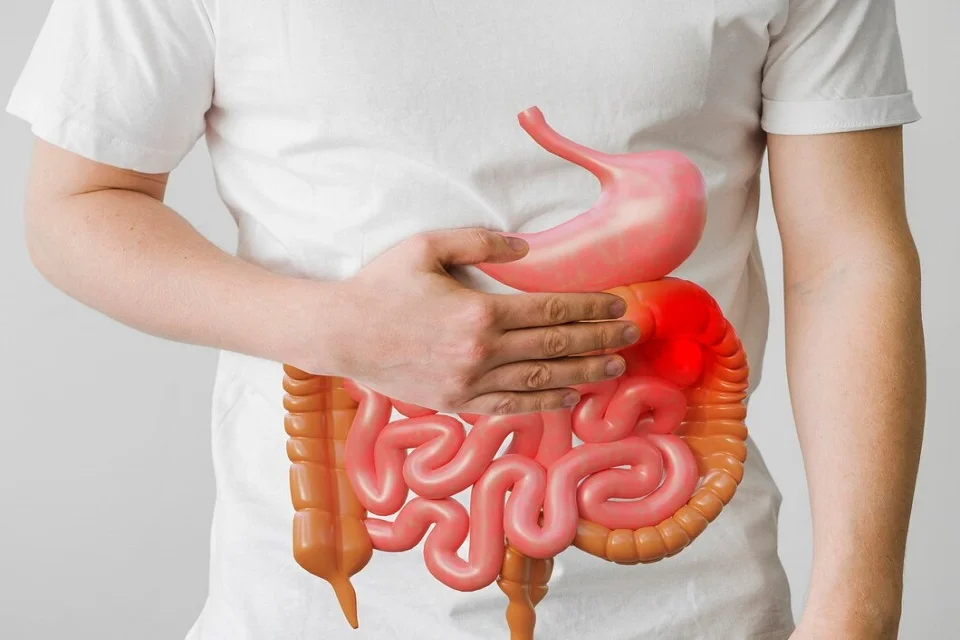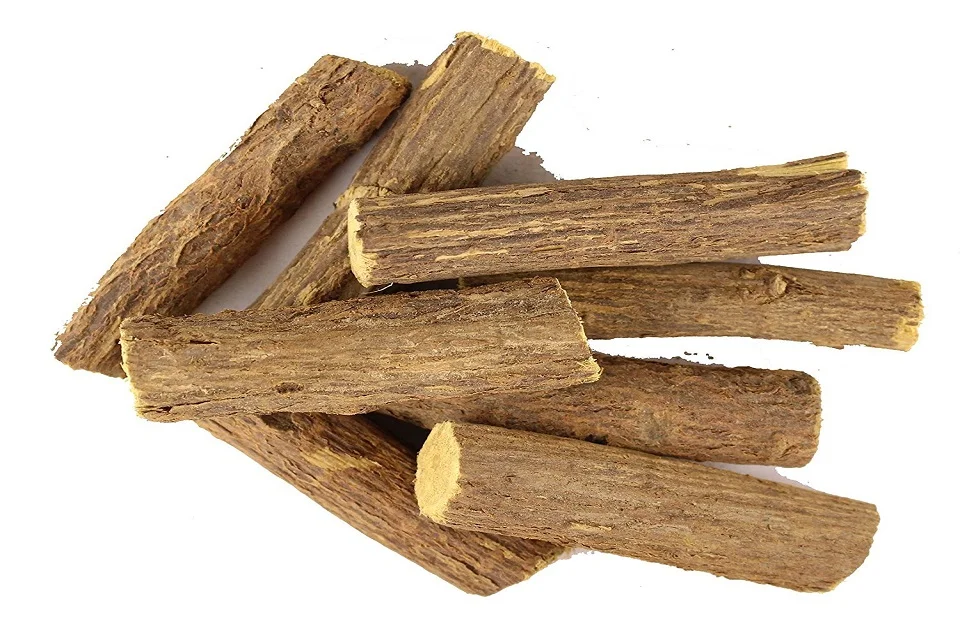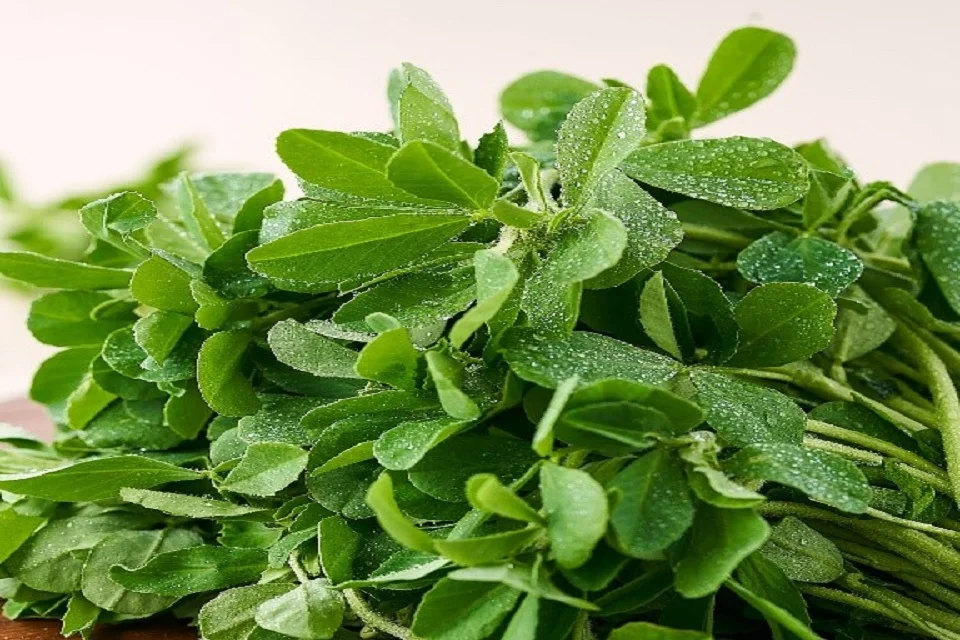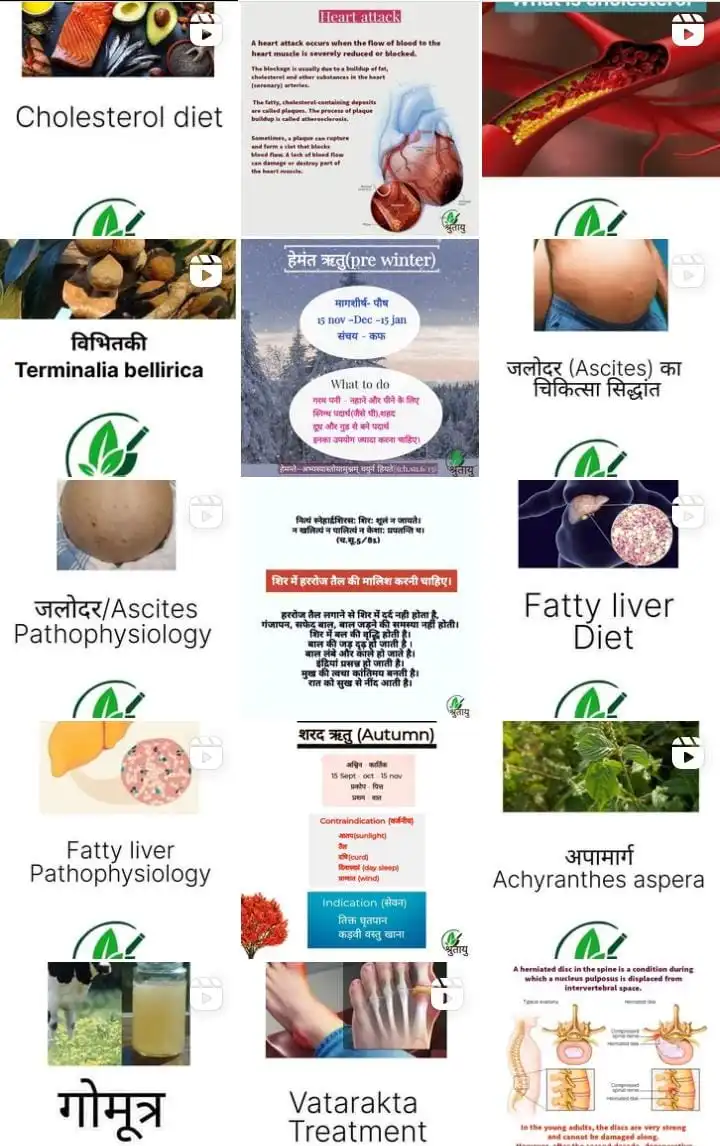Healthy lifestyle & Meal plan for Digestive Disorders: Ayurvedic Solutions
Introduction A healthy lifestyle is crucial for everyone. In today’s fast-paced world, where stress, poor diet, and inactivity are prevalent, digestive …

Introduction
A healthy lifestyle is crucial for everyone. In today’s fast-paced world, where stress, poor diet, and inactivity are prevalent, digestive disorders have become increasingly common. These issues are exacerbated by an unhealthy lifestyle. Ayurveda , the ancient Indian system of medicine, provides a holistic approach to tackling these problems by focusing on balancing doshas, and promoting digestive health through natural remedies and lifestyle modifications. This article will offer guidance on adopting a healthy lifestyle and a diet plan to address digestive disorders effectively.
Understanding Digestion in Ayurveda
In Ayurveda, digestion is central to overall health and a healthy lifestyle. The concept of Agni (digestive fire) is fundamental to understanding how the body processes food. Agni is responsible for transforming food into energy and nutrients that nourish the body. When Agni is strong, digestion is efficient, and the body remains healthy. However, a weakened or imbalanced Agni, leads to the accumulation of toxins known as Ama, causing various digestive disorders.
Ayurveda identifies four types of Agni:
- Sama Agni: Balanced digestive fire, leading to optimal digestion and health.
- Vishama Agni: Irregular digestive fire, often linked to Vata dosha, leading to gas, bloating, and inconsistent digestion.
- Tikshna Agni: Excessively strong digestive fire, associated with Pitta dosha, causing acid reflux, heartburn, and inflammation.
- Manda Agni: Weak digestive fire, linked to Kapha dosha, resulting in slow digestion, heaviness, and lethargy.
Common Digestive Disorders and Their Ayurvedic Perspective
Ayurveda categorizes digestive disorders based on dosha imbalances, which are often influenced by an unhealthy lifestyle:

- Vata-related disorders: Include constipation, bloating, and abdominal pain, often due to irregular eating habits, stress, and excessive movement.
- Pitta-related disorders: Include acid reflux, gastritis, and peptic ulcers. Which are typically caused by an unhealthy lifestyle featuring excessive consumption of spicy, oily, and acidic foods.
- Kapha-related disorders: Include sluggish digestion, heaviness, and indigestion. Commonly resulting from overeating, heavy and oily foods, and lack of physical activity.
Ayurvedic Remedies for Digestive Disorders
Dietary Recommendations
- Eat According to Your Dosha: Tailor your diet to your dominant dosha. Vata types should focus on warm, moist, and grounding foods. Pitta types should consume cooling, mildly spiced, and alkaline foods. Kapha types should emphasize light, dry, and warming foods.
- Incorporate Digestive Spices: Spices like ginger, cumin, coriander, fennel, and turmeric are crucial for a improving digestion as they stimulate Agni. Ginger, for example, has carminative properties that help relieve gas and bloating.
- Eat Fresh, Seasonal Foods: Ayurveda stresses the importance of eating fresh, seasonal, and organic foods. Processed and stale foods aggravate Ama and weaken Agni.
- Mindful Eating Practices: Eating in a calm environment, chewing food thoroughly, and avoiding overeating are vital components of a healthy habits. Ayurveda recommends consuming food at a moderate pace to facilitate proper digestion.

MEAL PLAN
Breakfast :
- Drink Water Immediately Upon Waking : Drinking warm water or warm water with lemon is beneficial and supports a healthy lifestyle by aiding digestion.
- Nutrient-Rich Breakfast: Include light and easily digestible foods like moong dal chilla, oats, or suji halwa to start your day with a healthy lifestyle.
Lunch :
- Simple and Balanced Meal: A combination of khichdi, dal, vegetables, and chapati supports digestion and is integral to a healthy lifestyle. Opt for hot food with ghee and mild spices.
- Soup: Vegetable or dal soup contributes to improving digestion and maintaining a healthy lifestyle.
Evening Snack:
- Fruit Consumption : Ripe fruits like apples, pears, or papayas are beneficial. Additionally, dried fruits like raisins or walnuts support a healthy lifestyle.
- Light Tea : Ginger tea or mint tea also enhances digestion and fits well into a healthy lifestyle.
Dinner:
- Light Meal: A light and easily digestible meal such as moong dal soup, khichdi, or steamed vegetables aligns with a healthy lifestyle.
- Herbal Tea for Digestion: After dinner, herbal tea like fennel tea or cumin tea aids digestion and supports a healthy lifestyle.
Herbal Remedies

- Triphala: A revered Ayurvedic formula, Triphala, composed of Amalaki, Bibhitaki, and Haritaki, is known for its mild laxative effect. It supports a healthy lifestyle by cleansing the colon, improving digestion, and eliminating toxins.</li/>
- Aloe Vera Juice: Aloe vera is cooling and soothing, making it excellent for Pitta-related disorders like acid reflux. Aloe vera juice promotes healing and supports a healthy lifestyle.
- Licorice Root (Yashtimadhu): Known for its anti-inflammatory properties, licorice root soothes the stomach lining and is beneficial for ulcers and acid reflux, fitting well into a healthy lifestyle.
- Ginger (Zingiber officinale): Fresh ginger stimulates Agni and helps alleviate symptoms of indigestion, nausea, and bloating. Ginger tea is a great addition to a healthy lifestyle.
- Fennel Seeds (Foeniculum vulgare): Fennel seeds relieve gas, bloating, and indigestion. Chewing fennel seeds after meals supports a healthy lifestyle.
Healthy Lifestyle Practices
- Daily Routine (Dinacharya):Establishing a consistent daily routine is crucial for maintaining digestive health and a healthy lifestyle. Ayurveda recommends waking up early, practicing yoga or light exercise, and eating meals at regular times.
- Abhyanga (Self-Massage): Regular self-massage with warm sesame oil balances Vata, reduces stress, and improves circulation, all supporting a healthy lifestyle and digestion.
- Hydration: Drinking warm water throughout the day aids digestion and detoxification. Cold water is discouraged as it is believed to dampen Agni, impacting a healthy lifestyle negatively.
- Pranayama and Meditation: Breathing exercises like Anulom Vilom (alternate nostril breathing) and meditation help reduce stress, a significant contributor to digestive disorders, thus supporting a healthy lifestyle.
Ayurvedic Therapies
- Panchakarma : A deep detoxification and rejuvenation therapy involving five cleansing treatments. Panchakarma helps eliminate toxins, restore digestive health, and balance doshas, fitting well into a healthy lifestyle.
- Shirodhara: Continuous pouring of warm herbal oil on the forehead helps calm the mind and reduce stress-related digestive issues, enhancing a healthy lifestyle.
- Svedana (Herbal Steam Therapy): Involves steam therapy with herbal decoctions to open channels, promote sweating, and eliminate toxins, supporting digestion and a healthy lifestyle.
Yoga and Exercise

- Asanas for Digestion: Yoga postures like Pavanamuktasana (Wind-Relieving Pose), Vajrasana (Thunderbolt Pose), and Bhujangasana (Cobra Pose) are beneficial for improving digestion and relieving constipation.
- Regular Physical Activity: Ayurveda advocates for regular, moderate exercise tailored to one’s dosha. Vata types should engage in grounding activities like walking or gentle yoga; Pitta types benefit from cooling exercises like swimming; Kapha types should focus on vigorous activities like jogging or aerobics.
Preventive Measures and Maintenance for Healthy lifestyle
- Seasonal Detox: Ayurveda recommends seasonal detox programs to cleanse the body of accumulated toxins and maintain digestive health, which supports a healthy lifestyle. Practices like consuming warm water with lemon and following a mono-diet of khichdi for a few days can be effective.
- Monitoring Ama: Regularly checking for signs of Ama, such as coating on the tongue, foul breath, or lethargy, helps prevent serious digestive issues and supports a balanced lifestyle.
- Balancing Stress: Maintaining mental and emotional balance through regular relaxation practices, sufficient sleep, and a balanced lifestyle is crucial, as stress is a major contributor to digestive disorders.
Conclusion
Ayurveda offers a profound and holistic approach to managing digestive disorders by addressing the root causes rather than just treating symptoms. By integrating Ayurvedic principles into your daily life—through diet, herbs, lifestyle practices, and therapies—you can achieve better digestive health, prevent future issues, and enhance overall well-being. In a world where digestive issues are common due to poor dietary choices and high stress, Ayurveda provides sustainable, time-tested solutions that support a more balanced life.







Got Something To Say